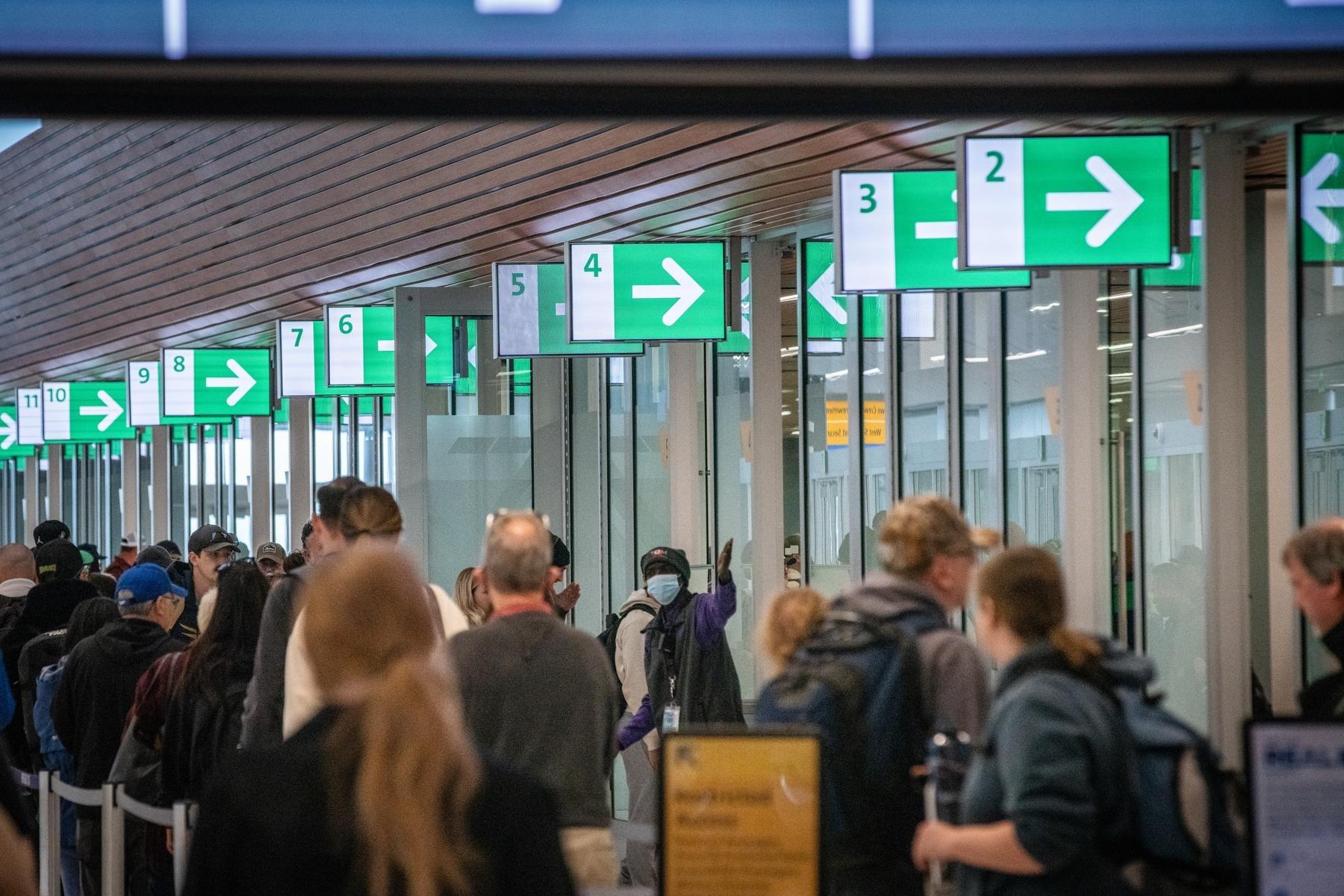
By Ann Schimke, Chalkbeat
The 22,000-student Greeley-Evans school district in northern Colorado will join the 55,000-student Cherry Creek district in suburban Denver in adopting later high school start times this fall.
But unlike in wealthier Cherry Creek, the change in Greeley was not the result of a lengthy process to review research and solicit community feedback. Instead, the move came out of a very different conversation: How could the cash-strapped district tighten its belt?
After Greeley voters rejected a district tax measure last November, a chronic bus driver shortage loomed larger than ever. With no additional money to beef up driver salaries and more than a dozen driver vacancies, district officials needed to reduce the number of routes. They decided to discontinue busing for most high school students — part of a package of cuts that will save the district $667,000 a year.
That decision divorced the start time debate from the common concern that pushing high school bell times later requires more bus routes and more money.
“We were only able to move the high school start time by seriously limiting — in fact, almost eliminating — bus transportation for our high school students,” district spokeswoman Theresa Myers said.
She noted that all district students are eligible for free transportation on city buses. About two-thirds of district students qualify for free or reduced-price meals, a proxy for poverty.
Later middle and high school start times have gained traction in Colorado and nationally in recent years with mounting evidence that teens are hardwired to go to bed later and wake up later. When school schedules align with sleep patterns, research shows students are healthier, attend school more regularly and do better academically.
Nationally, Seattle Public Schools is one of the largest districts to embrace later start times — pushing high school and most middle school start times to 8:45 a.m. last year, with plans to shift to 9 a.m. this year. Also, in what could be the first statewide start-time mandate in the country, California lawmakers are currently considering legislation that would prohibit the state’s middle and high schools from starting before 8:30 a.m.
In Colorado, the move to later start times has been relatively slow. Until March, when both the Cherry Creek and Greeley-Evans school boards voted on the schedule changes, only a few smaller districts had made the switch. They include Montezuma-Cortez in southwest Colorado and Harrison in Colorado Springs.
Both Denver Public Schools and Boulder Valley considered later high school start times in the last couple years, but ultimately shelved the idea. Boulder Valley officials said the prospect of increased transportation costs was one of the reasons they didn’t move forward.
In Denver, which currently doesn’t provide district busing to most high school students, administrators expressed concern about complicated transportation logistics, after-school sports schedules and conflicts for students with after-school jobs.
Cherry Creek officials say the change in start times this coming year won’t cost the district more money.
In both Cherry Creek, the state’s fourth-largest district, and Greeley-Evans, the 13th largest, high school start times will shift 45 minutes to an hour later this year. In Cherry Creek, high schools will start at 8:20 a.m. and middle schools will start at 8:50 a.m., and in Greeley-Evans, high schools will start at 8 a.m. and middle schools will start at 8:30 a.m.
Other changes in Greeley-Evans include greater walk distances for students at all levels. That means high-schoolers won’t qualify for busing unless they live more than three miles from school, middle-schoolers won’t qualify unless they live more than two miles from school, and elementary kids won’t qualify unless they live more than 1.5 miles from school.
Myers said the new start times haven’t caused much consternation among parents.
“It’s more the transportation issue (that’s) causing some angst for some of our families,” she said. “We’re really going to watch and see how this impacts attendance and tardiness at our schools.”
Chalkbeat is a nonprofit news site covering educational change in public schools.












